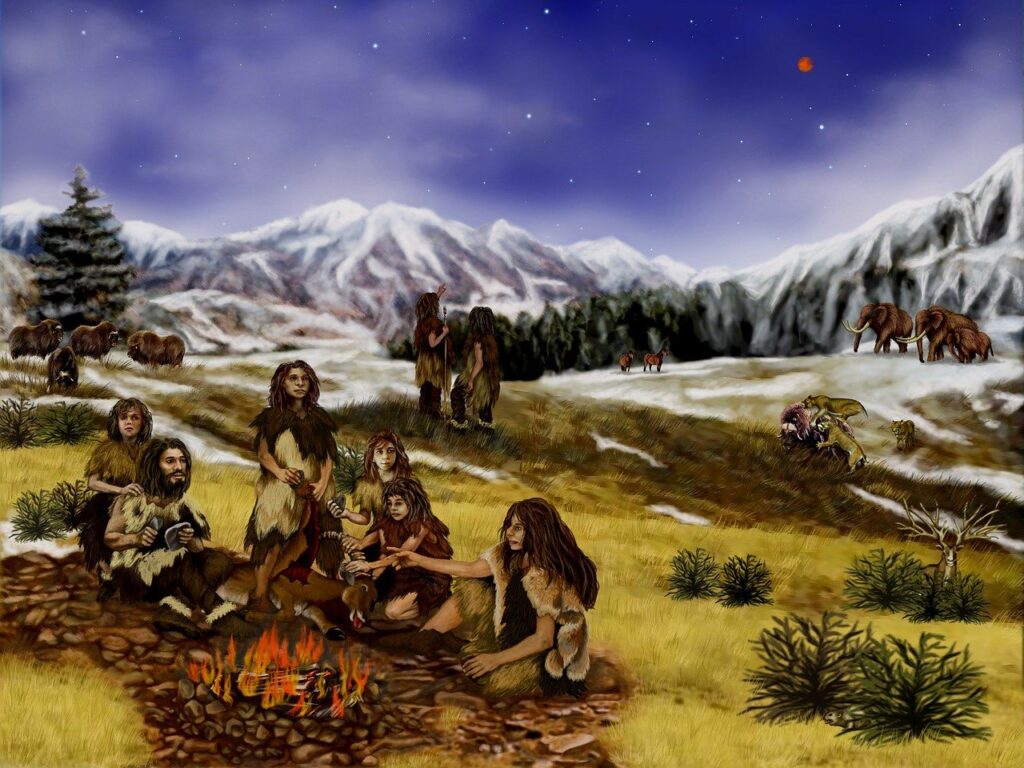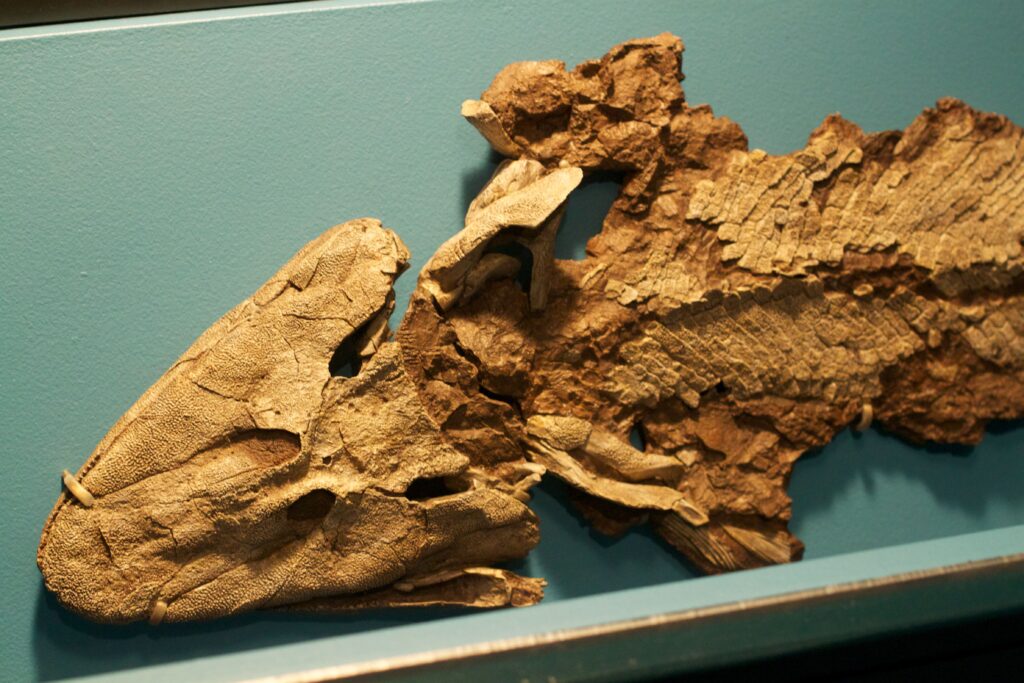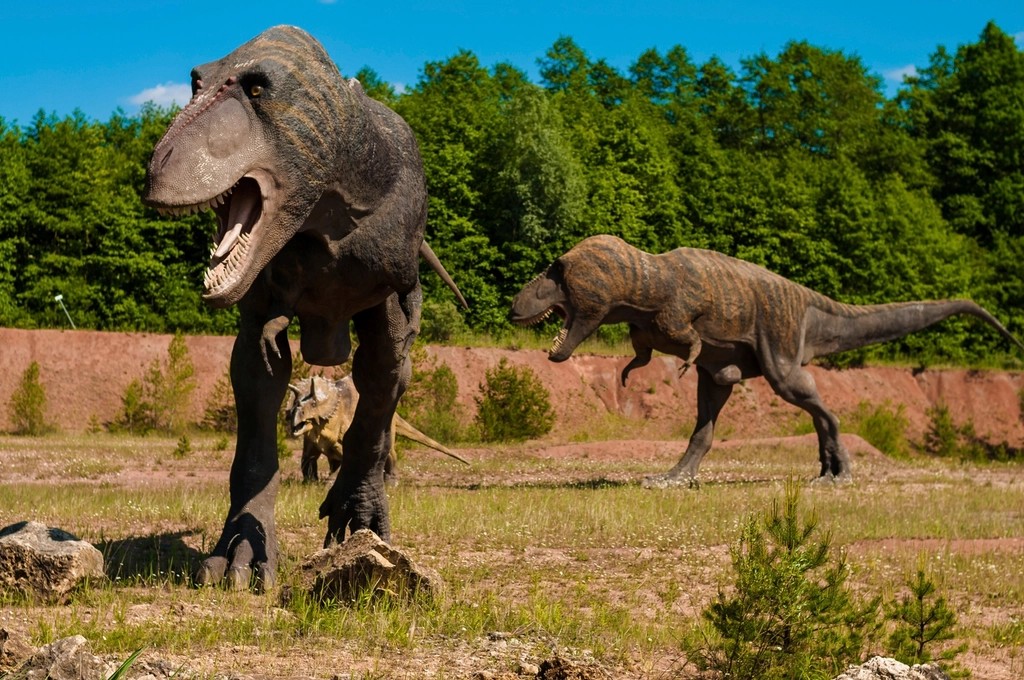Have you ever wondered why certain zodiac signs seem naturally drawn to specific behaviors? Why does your Scorpio friend excel at hunting down information while your Virgo colleague methodically builds systems? The answer might lie deeper than modern astrology suggests, rooted in the very survival strategies that shaped human consciousness over millions of years.
Recent research in paleopsychology reveals fascinating connections between ancient human psychological adaptations and the archetypal patterns we still recognize today. When paleopsychology represents a highly interdisciplinary field dedicated to the study of the evolutionary origins and prehistoric development of the human mind and psyche, it opens doorways to understanding why certain personality patterns persist across cultures and millennia.
The Ancient Roots of Human Personality Types

Hunting and gathering was presumably the subsistence strategy employed by human societies beginning some 1.8 million years ago, by Homo erectus, and from its appearance some 300,000 years ago by Homo sapiens. During this vast stretch of human history, survival depended on developing specialized psychological profiles that enhanced group effectiveness.
Your ancestors weren’t just randomly distributed personality types. Prehistoric hunter-gatherers lived in groups that consisted of several families resulting in a size of a few dozen people, requiring specific psychological roles for survival. These ancient survival strategies created deep neurological patterns that still influence how you process information, make decisions, and interact with your environment today.
The Predator Archetype: Scorpio, Leo, and Aries

The predator psychological profile emerged from the necessity of hunting large game and defending territory. Paleolithic men and women performed different tasks within the group. Men typically hunted large animals, though recent evidence shows women also participated in hunting. They had to learn how animals behaved and how to hunt them.
These ancient hunters developed intense focus, strategic thinking, and the ability to read subtle environmental cues. Your Scorpio traits of penetrating insight and relentless pursuit mirror these prehistoric hunting behaviors. Leo’s natural leadership and territorial instincts reflect the alpha dynamics necessary for coordinating hunts, while Aries’ impulsive courage echoes the split-second decision-making required when facing dangerous prey.
The predator archetype in modern zodiac psychology manifests as competitive drive, strategic thinking, and an instinctive understanding of power dynamics. These aren’t learned behaviors but inherited psychological patterns encoded in your collective unconscious.
The Forager Archetype: Taurus, Cancer, and Virgo

Archaeological and ethnographic evidence shows wide variation depending on environment, from mammoth steppe hunters in Siberia to semi-sedentary fishers. Their diets varied by climate, balancing plant foods, game, and aquatic resources. The forager psychological profile developed from the critical need to identify, gather, and process plant foods that often comprised the majority of prehistoric diets.
Your Cancer instincts for nurturing and food security directly connect to ancient foraging behaviors. These ancestors needed exceptional memory for seasonal patterns, plant locations, and processing techniques. Taurus stability and methodical approach reflects the patience required for systematic gathering, while Virgo’s attention to detail mirrors the life-or-death precision needed to distinguish edible plants from poisonous ones.
Forager psychology emphasizes security, routine, and incremental progress. You naturally excel at resource management, pattern recognition, and creating stable environments because these traits ensured survival for countless generations.
The Engineer Archetype: Capricorn, Aquarius, and Gemini

Over time, however, Paleolithic people developed tools and weapons to help them hunt. Tools and fire were two important technological developments of Paleolithic people. The engineer psychological profile emerged from humanity’s unique capacity for tool creation and technological innovation.
Your Capricorn drive for systematic achievement reflects the methodical approach required for complex tool construction. Ancient engineers needed to visualize multi-step processes, plan resource allocation, and execute precise techniques. Aquarius innovation and future-thinking mirror the creative leaps that led to revolutionary technologies like fire control and composite tools.
Gemini’s rapid information processing and communication skills represent the social aspects of engineering psychology. The subsequent rise of multicellular organisms during the Cambrian explosion approximately 540 million years ago is discussed in the context of predator-prey relationships among the invertebrate animals that were living at that time. The predator-prey dynamic provided the intense selective pressure for the evolution of neural networks. Knowledge sharing was crucial for technological advancement.
The Pathfinder Archetype: Sagittarius, Pisces, and Libra

The type of society that represents the lifestyle of 99% of the human genus history. While there was variability among groups throughout human genus history, the elements discussed here are those that have been observed to be common among SBHG societies. The pathfinder psychological profile developed from the need for navigation, exploration, and maintaining social harmony within mobile groups.
Your Sagittarius wanderlust and philosophical nature directly connect to ancient pathfinding behaviors. These individuals needed exceptional spatial memory, risk assessment abilities, and the courage to explore unknown territories. Pisces intuitive navigation and environmental sensitivity reflect the subtle awareness required for reading natural signs and weather patterns.
Libra’s diplomatic skills represent the crucial social pathfinding role. Mobile groups constantly encountered other bands, requiring individuals who could assess intentions, negotiate resources, and maintain peace. The pathfinder psychology emphasizes exploration, mediation, and big-picture thinking.
The Collective Unconscious and Astrological Symbolism

These psychological blueprints represent fundamental human experiences and instincts that transcend individual cultures and historical periods. Archetypes manifest as recurring characters and symbols that appear across all human societies. We encounter these archetypal patterns throughout human expression.
Carl Jung’s research into the collective unconscious provides a scientific framework for understanding how ancient psychological patterns persist in modern consciousness. Characterising the early zodiacal signs were instinctual images embodied as animals; the figures of the zodiac are not just random and haphazard drawings, but images of the collective unconscious projected into the skies.
The animal symbolism in zodiac signs directly reflects prehistoric psychological categories. Your Scorpio connection to the scorpion represents predatory alertness, while Taurus association with the bull reflects the steady strength needed for gathering and resource protection. These aren’t arbitrary symbols but archetypal representations of survival-tested psychological patterns.
Gender Roles and Prehistoric Psychology

Among foragers, as in other societies, patrilocal residence is predicted by internal warfare or a high male contribution to subsistence; matrilocality is predicted by a combination of purely external warfare and a high female contribution to subsistence. Ancient gender roles weren’t rigid stereotypes but flexible adaptations to survival challenges.
Your psychological profile reflects not just your zodiac sign but also how prehistoric gender roles shaped brain development. Female ancestors often specialized in gathering, child-rearing, and social coordination, while males typically focused on hunting, defense, and tool creation. However, successful groups required psychological flexibility and role-sharing.
Modern zodiac psychology reflects this ancient flexibility. You might express traditionally masculine traits regardless of your gender, or vice versa, because successful prehistoric groups needed diverse psychological resources available to all members.
Modern Implications and Personal Development

Glen Perry, an astrologer and psychotherapist, refers to psychological astrology as both a personality theory and a diagnostic tool. Astrology is deeply intertwined with human psychology. On many different levels and in many different ways, astrology is reliant on psychology.
Understanding your paleopsychological profile provides practical insights for personal development and career choices. If you’re naturally drawn to predator archetype behaviors, you might excel in competitive fields, investigative work, or leadership roles. Forager types often thrive in nurturing professions, resource management, or detailed analytical work.
Your ancient psychological inheritance doesn’t limit you but provides a foundation for growth. By understanding your prehistoric strengths, you can develop compensating skills and create more balanced personal and professional relationships.
The Evolution of Consciousness and Future Possibilities

By identifying the critical turning points in cognitive evolution – the development of language, the ability to handle abstract concepts, and the capacity for self-reflection – paleopsychology informs fields ranging from linguistics to philosophy of mind. Paleopsychology, in both senses, serves as a crucial bridge connecting the fields of psychology and deep history.
Your understanding of paleopsychological patterns isn’t just academic curiosity but preparation for future evolutionary challenges. As human society becomes increasingly complex and technological, understanding your ancient psychological foundations becomes crucial for maintaining mental health and social cohesion.
The same flexibility that allowed your ancestors to adapt to ice ages and environmental changes now helps you navigate modern challenges. Your zodiac archetype provides a stable psychological foundation while you develop new capacities for an uncertain future.
Conclusion: Bridging Ancient Wisdom and Modern Understanding

The paleopsychology of zodiac signs reveals that your personality traits aren’t arbitrary quirks but sophisticated survival strategies tested over millions of years. Whether you embody the predator’s focus, the forager’s patience, the engineer’s innovation, or the pathfinder’s vision, you carry within your consciousness the accumulated wisdom of countless generations.
This understanding transforms how you view yourself and others. Instead of seeing personality differences as conflicts to overcome, you can appreciate them as complementary survival strategies that made human civilization possible. Your ancient psychological inheritance provides both grounding in tested patterns and flexibility for continued evolution.
What aspects of your prehistoric psychological profile do you recognize in your daily life? Understanding these deep patterns might be the key to unlocking your fullest potential in our modern world.




